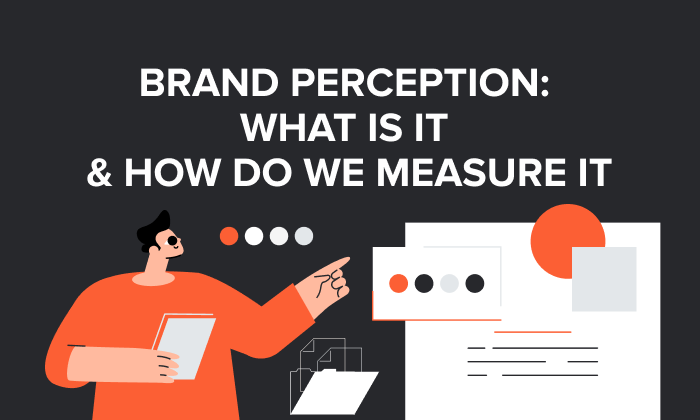The Ultimate Guide to Brand Awareness

By adecker@hubspot.com (Allie Decker)
Have you ever heard people refer to themselves as “Apple people,” “Nike people,” or “Trader Joe’s” people?
This is what brand awareness can do for a brand: embed itself into consumer lifestyles and purchase habits so that they don’t have to think twice before becoming a customer — time and time again.
This guide will help you better understand brand awareness, establish it among your audience, and build campaigns that allow it to continually grow and change with your business. Let’s dive in.
Brand awareness might seem like a vague concept, and in truth, it is. For those marketers and business owners out there who like to gauge success with neat and tidy numbers, brand awareness will likely ruffle your feathers.
But just because it isn’t a metric that can be perfectly determined doesn’t mean it doesn’t carry value. Brand awareness is incredibly important for business success and overall marketing goals. Here’s why.
Why is brand awareness important?
Brand awareness fosters trust.
In a world where consumers rely on extensive research and others’ opinions before making a purchase, brand trust is everything. Once a consumer bonds to your brand, they’re more likely to make repeat purchases with little to no forethought — which then bridges the gap between trust and loyalty.
Brand awareness establishes that brand trust. When you put a proverbial face to your brand name, consumers can trust easier. Brand awareness efforts give your brand a personality and outlet to be sincere, receive feedback, and tell a story. These are all ways that we, as humans, build trust with one another. The human/brand relationship isn’t any different.
Brand awareness creates association.
When you’ve had a paper cut, I bet you’ve put on a Band-Aid. When you had a pressing question, I’m sure you’ve Googled it. When you needed to make a few copies, I’m guessing that you Xeroxed them. And when you’ve packed for a nice picnic, I’m willing to bet you grabbed a Coke to drink.
Am I correct? Most likely. But … notice how some of the words above are capitalized. These are brands, not nouns or verbs.
Speaking in brand-less terms, Band-Aid should be referred to as a bandage, Google as a search engine, and Xerox as a copier. But it’s more fun to refer to the brand itself, even if we aren’t using their specific product.
That’s what brand awareness does. It associates actions and products with particular brands, subconsciously encouraging us to replace common words with branded terms. And before you know it, simple paper cuts or picnics are doing the marketing for us.
Brand awareness builds brand equity.
Brand equity describes a brand’s value, which is determined by consumer experiences with and overall perception of the brand. Positive experiences and perception equal positive brand equity, and the same goes for negative notions.
Here are a few valuable things that come from positive brand equity:
- Higher prices due to higher perceived value
- A higher stock …read more
Source:: HubSpot Blog








